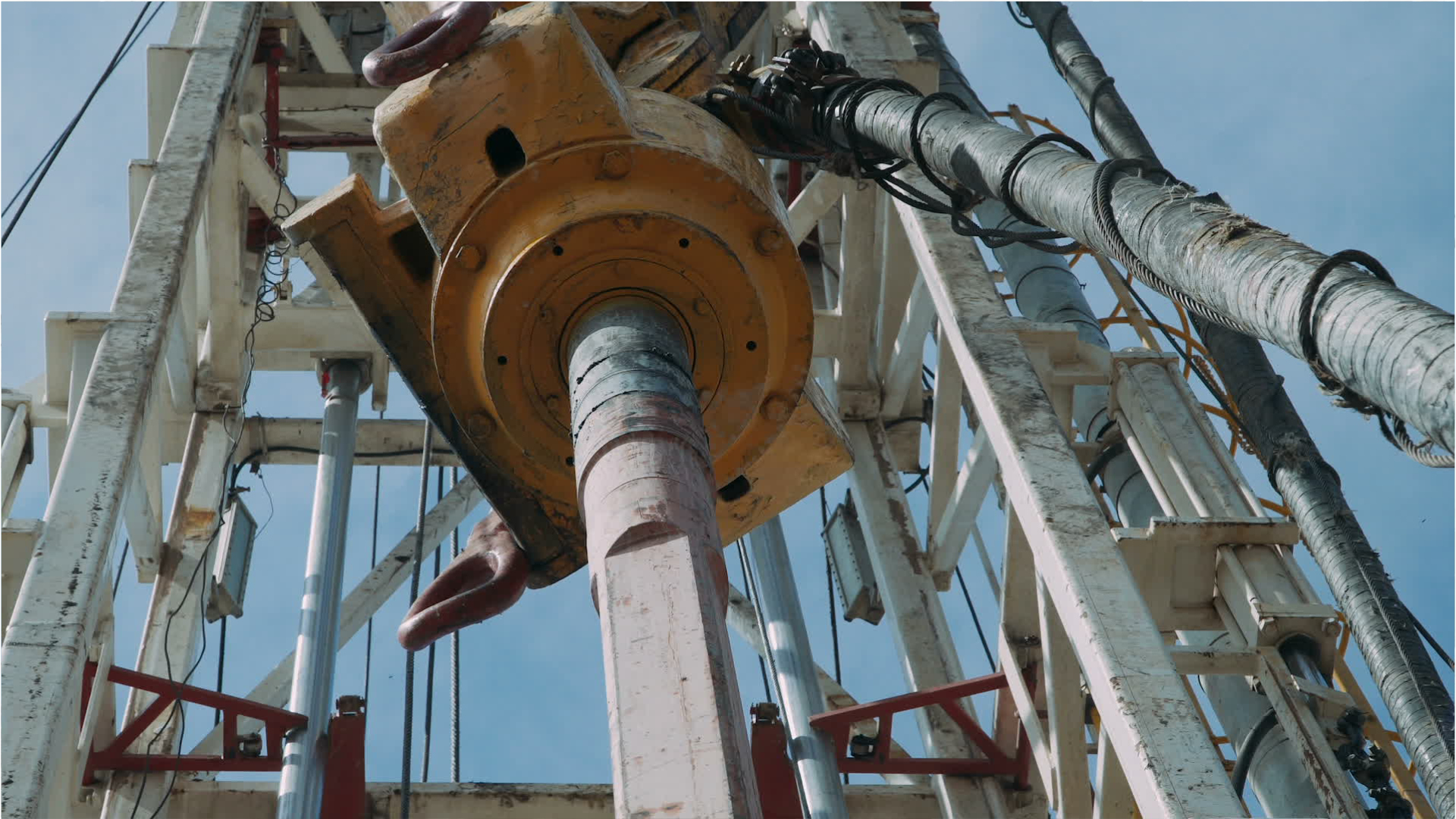Helpers--Extraction Workers
Driller Helper, Driller's Assistant, Miner Helper, Powderman
What they do:
Help extraction craft workers, such as earth drillers, blasters and explosives workers, derrick operators, and mining machine operators, by performing duties requiring less skill. Duties include supplying equipment or cleaning work area.
On the job, you would:
- Observe and monitor equipment operation during the extraction process to detect any problems.
- Drive moving equipment to transport materials and parts to excavation sites.
- Unload materials, devices, and machine parts, using hand tools.
Knowledge
Engineering and Technology
- mechanical
Arts and Humanities
- English language
Transportation
- movement of people or goods by air, rail, sea, or road
Math and Science
- arithmetic, algebra, geometry, calculus, or statistics
Skills
Basic Skills
- keeping track of how well people and/or groups are doing in order to make improvements
- thinking about the pros and cons of different ways to solve a problem
Problem Solving
- noticing a problem and figuring out the best way to solve it
Abilities
Hand and Finger Use
- hold or move items with your hands
- keep your arm or hand steady
Controlled Movement
- quickly change the controls of a machine, car, truck or boat
- use your arms and/or legs together while sitting, standing, or lying down
Endurance
- exercise for a long time without getting out of breath
Spatial
- imagine how something will look after it is moved around or changed
Personality
People interested in this work like activities that include practical, hands-on problems and solutions.
They do well at jobs that need:
- Dependability
- Cautiousness
- Attention to Detail
- Stress Tolerance
- Self-Control
- Integrity
Technology
You might use software like this on the job:
Word processing software
- Google Docs
- Microsoft Word
Spreadsheet software
- Microsoft Excel
Electronic mail software
- Microsoft Outlook
Education
Education: (rated 2 of 5)
high school diploma/GED
usually needed
usually needed
Get started on your career:
Apprenticeship.gov
Job Outlook
Below Average
New job opportunities are less likely in the future.
Explore More
- Earth Drillers
- Helpers--Carpenters
- Helpers--Installation, Maintenance, & Repair Workers
- Helpers--Production Workers
- Rotary Drill Operators, Oil & Gas
You might like a career in one of these industries:
See more details at O*NET OnLine about Helpers--Extraction Workers.





